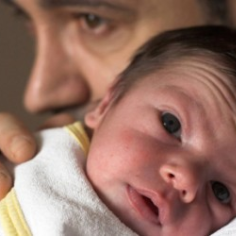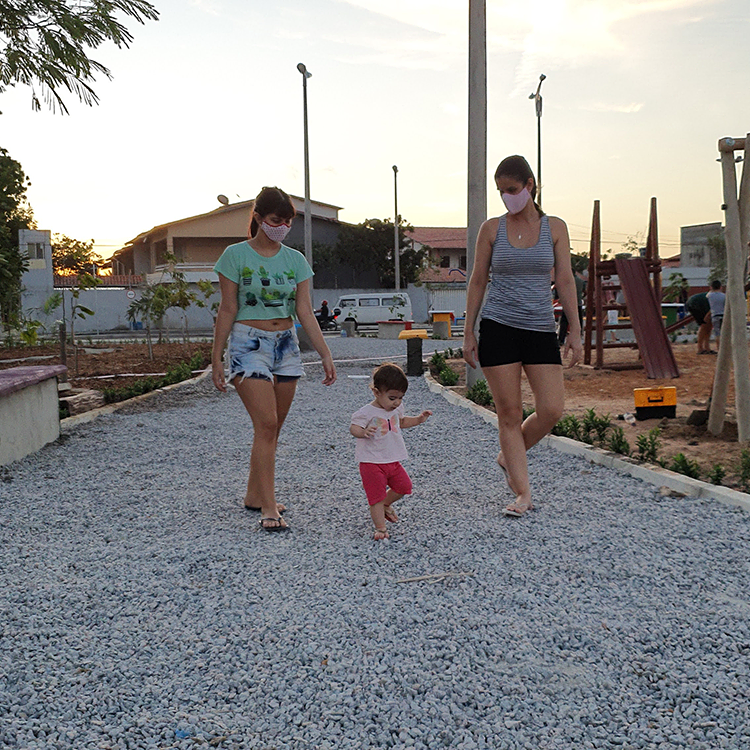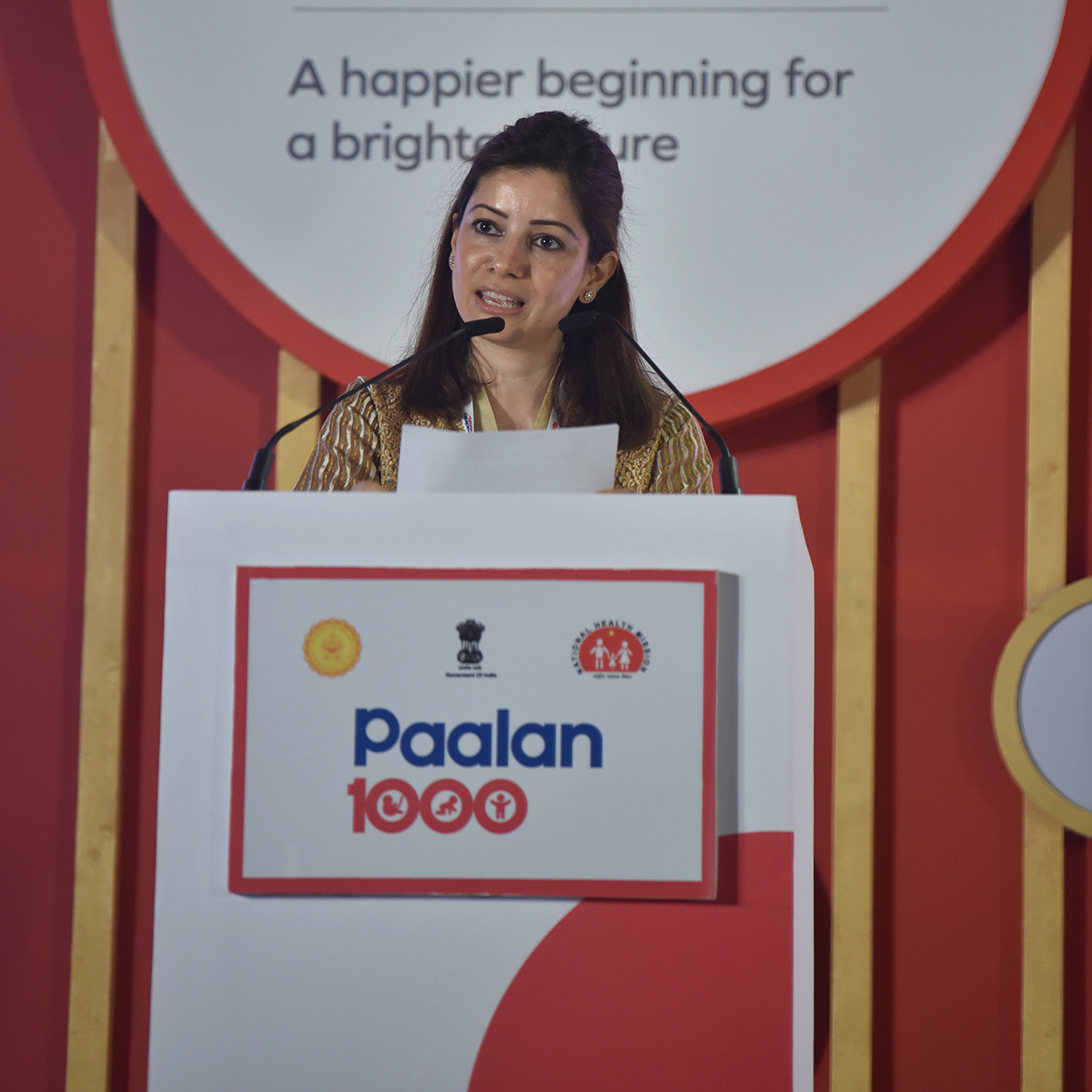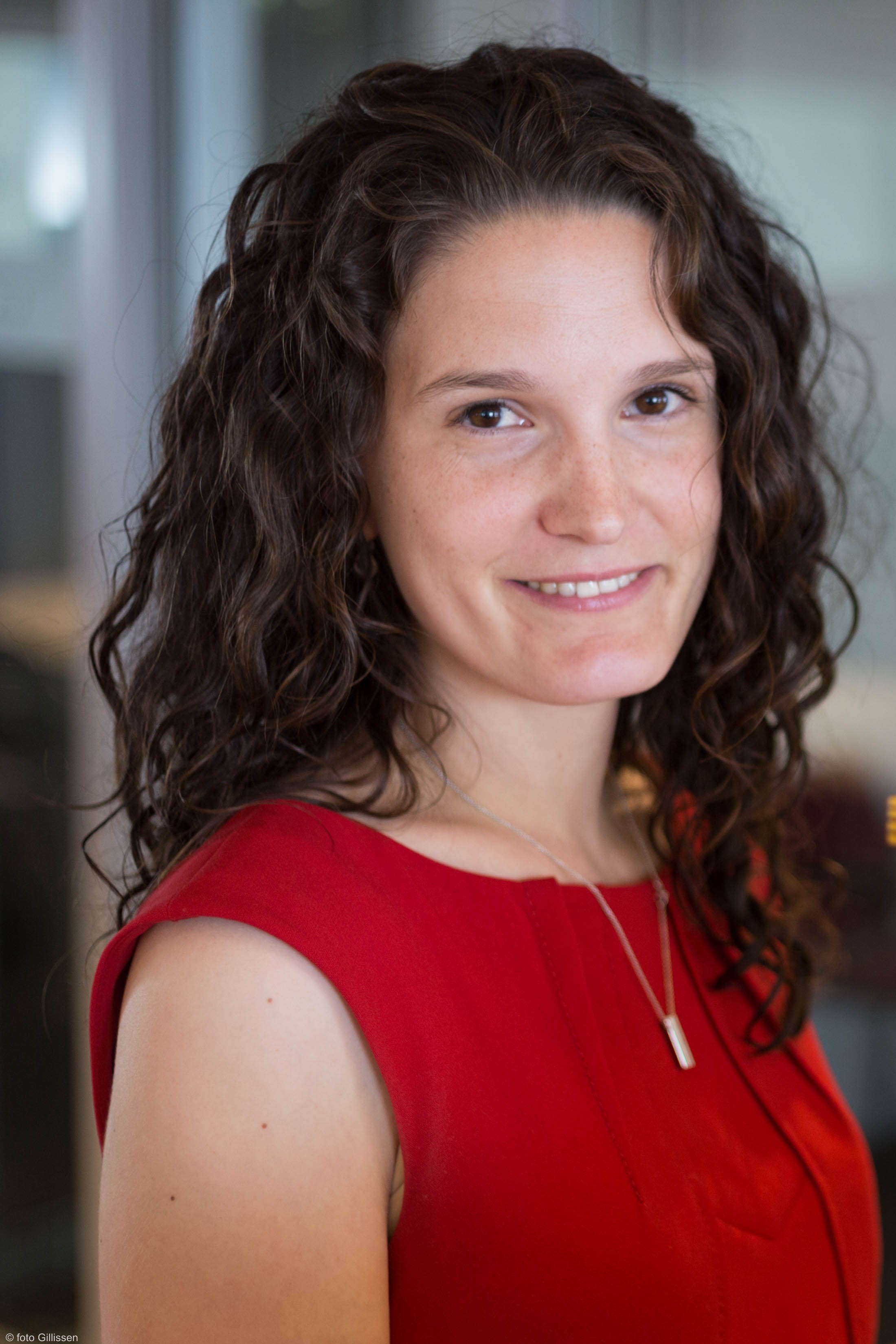
Renske Keizer started on 1 September in her new role of Professor on Fatherhood at the University of Amsterdam. She will conduct research on the influence of father involvement on developmental outcomes of children, teach courses on fatherhood and supervise PhD students on this topic. With a background in family sociology and demography, and by adding additional insights from the pedagogical and economic literature, she will provide a unique perspective on father involvement, specifically in the Netherlands.
Why is the Bernard van Leer Foundation supporting the specially appointed Professor on Fatherhood in the Netherlands?
First, because fathers have an important role in raising children. Dutch children raised by both fathers and mothers have fewer problems in school, show better social skills and learn better to cope with aggression.
Secondly, children in the Netherlands are predominantly raised by mothers and female professionals in day-care and school. The motherhood ideology is strong and it is more common for mothers than for fathers to work part-time.
Finally, the Netherlands is falling behind in their policies regarding fatherhood in comparison with other European countries.
Renske Keizer, who spoke at a fatherhood seminar in the Amsterdam School of Higher Education on 12 October, started her presentation about the role of fathers within the Dutch context. She indicated that very little research is done on fatherhood in the Netherlands. This needs to change because: (1) international research shows the importance of the role of fathers in their children’s lives; (2) the need to conduct research on links between father involvement and child development is especially acute in the Netherlands given, among other factors, the much higher likelihood of mothers than fathers working part-time in order to spend more time with their children; and (3) societies are changing, with more diversification in terms of family structure (e.g. non-resident fathers, stepfathers, co-parenting fathers, gay fathers), which raises questions about the influence of father involvement in these diverse settings.
Even though international research shows positive linkages between father involvement and well-being of fathers, mothers and children alike, the Dutch government does not stimulate or support father involvement. New fathers receive only two days of paid leave and three additional days of unpaid leave when their child is born. ‘This does not signal that fathers are seen as important caretakers in the Netherlands’, according to Keizer. It’s also not in line with the recommendation of the European Commission to provide new fathers with two weeks of paid leave—a recommendation many other European governments did adopt.
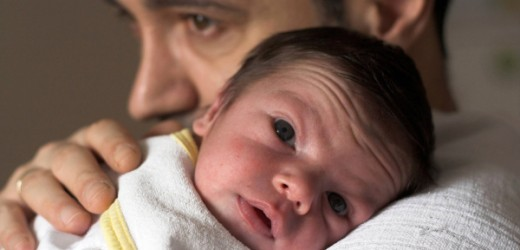
In her presentation Renske Keizer indicated that mothers already have a nine months advantage on fathers in making the transition to parenthood. In addition, compared with the two days paid leave fathers receive, new mothers receive 12 weeks paid leave. Keizer thinks that this ‘gendered kick-off’ might be quite difficult to catch up.
Against this political and cultural backdrop, it might not come as a surprise that Dutch fathers run far behind their counterparts in other European countries in terms of how much time they spend with their children as a proportion of how much time mothers spend. For every hour the mother spends with the children, Dutch fathers spend only 27.6 minutes. Only in Austria that figure is lower.
By supporting this chair on Fatherhood, The Bernard van Leer Foundation aims to obtain more scientific insights on father involvement, which may provide stimulus for better policies. The BvLF would like to see involved fatherhood as a prioritised topic on the agenda of national and local policy makers.
At the beginning of 2016, Renske Keizer will formally inaugurate her Chair on Fatherhood, which is expected to spark media and public attention.
